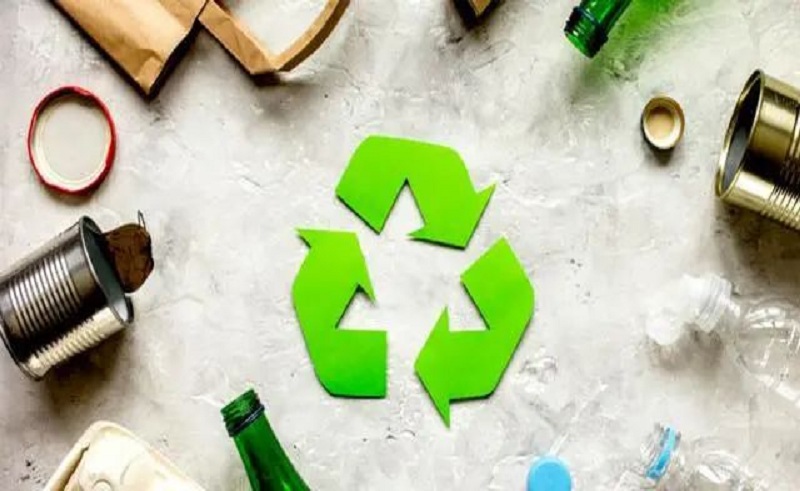The U.S. Senate proposes to impose a tax on virgin plastics
The proposal to levy a tax on virgin plastic is one of several legislation related to plastic recycling in the U.S. Congress and state assemblies this year. According to a proposal made in the US Congress in August, a national virgin plastic surcharge will help improve the economics of waste plastics as a source of living.
U.S. Democratic Senator Sheldon Whitehouse (Sheldon Whitehouse) submitted the Senate Proposal S.2645 on August 5, which is "Incentive Measures to Reduce Unrecovered Pollutants in Ecosystems" (also known as REDUCE Proposal). This proposal has been "second reading" and submitted to the Senate Finance Committee.
The proposal pointed out that the government will charge a certain consumption tax on non-recycled plastics produced by all plastic manufacturers, and plans to impose a tax of 10 cents per pound of new plastic materials from 2022, and increase it to 15 cents in 2024. 20 cents. According to this proposal, in the following years, the tax rate will be adjusted according to the cost of living to help the United States build a recycling society.

This legislative proposal is only one of many legislative projects surrounding recycling this year. Other proposals include the Extended Producer Responsibility (EPR) system signed by the states of Maine and Oregon, and a "National Infrastructure Funding Act" to fund a new federal recycling incentive program.
According to statistics, the United States needs to recycle more plastics every year if it wants to achieve the above-mentioned goal, and it is still unable to reach this level of supply. Although the goal is relatively ambitious, it also depends on the inconsistency between actual policies and reality.
Take plastic recycling as an example. At present, whether it is physical recycling or chemical recycling, the national production capacity is insufficient, and the supervision is relatively strict. ACC calls on the government to simplify the regulatory framework for chemical recycling plants, otherwise the construction of plastic chemical recycling plants will encounter many obstacles.




